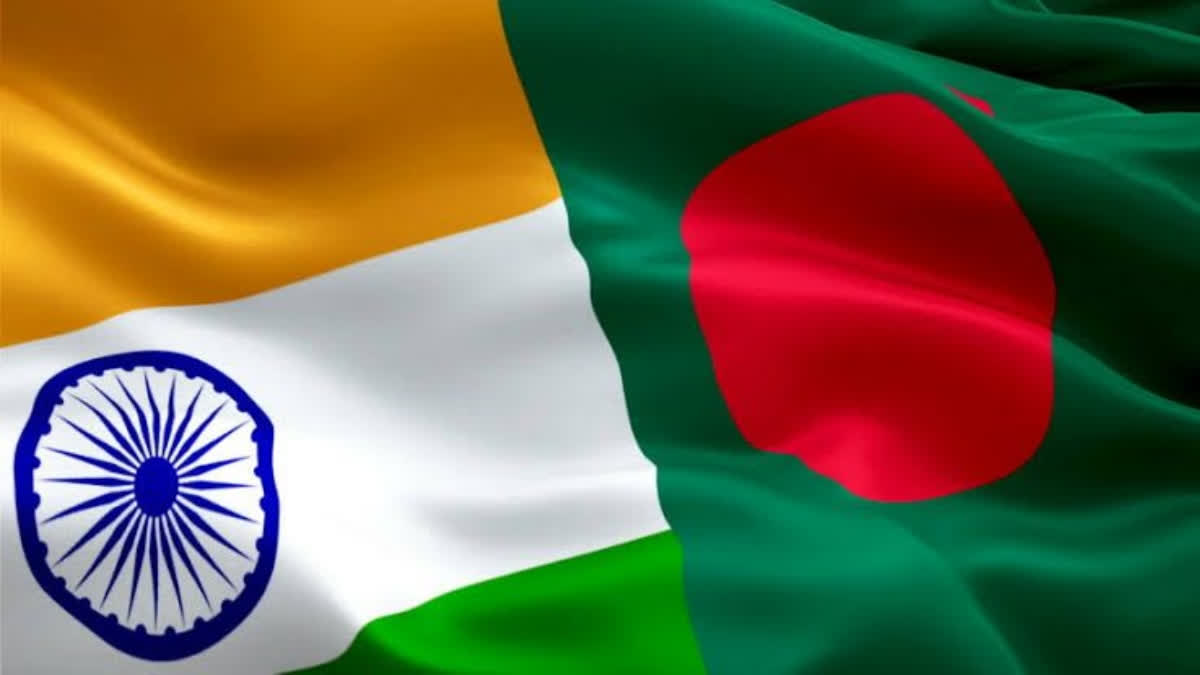New Delhi: The political instability in Bangladesh following the ouster of ex-Bangla premier Sheikh Hasina is proving to be a turning point for India-Bangladesh relations. The situation there has put New Delhi in an awkward position diplomatically, especially in balancing relations and planning strategic decisions.
The new Bangladesh regime has expressed a desire that New Delhi Dhaka ties have to be made more people-centric as they were limited to government-to-government relations during the tenure of former PM Sheikh Hasina.
ETV Bharat's Chandrakala Choudhury spoke to Dr Seshadri Chari, a commentator on foreign policy, strategy and security affairs, Secretary General of the Forum for Integrated National Security, to discuss the complexities of the India-Bangladesh relations and the way forward. Excerpts from the interview.
ETB: The interim govt in Bangladesh is of the view that India-Bangladesh ties have to be made more people-to-people centric as they were only limited to certain individuals (govt-to govt) during the tenure of former premier Sheikh Hasina. How do you view this?
Dr Seshadri Chari:Since 1971, the India-Bangladesh relationship has always been people-centric. The mutual socio-cultural bonding between the people on both sides of the border goes far beyond 1971 when the country came into being. New Delhi has always maintained a very cordial relationship with the governments in Dhaka, irrespective of the party or the leader heading it.
We maintained a strict decorum of not getting involved in the domestic politics of other countries. Needless to say, we have raised issues of concern impinging India’s security and strategic interests with Dhaka from time to time. One must admit that Hasina was always responsive to all the concerns New Delhi has raised.
ETB: What is your take on India-Bangladesh relations in the future?
Dr Seshadri Chari: New Delhi would prefer to wait and watch. We want the situation to calm down. Selective acts of revenge, both political and religious, should end immediately. This should be the priority of the government in Dhaka.
